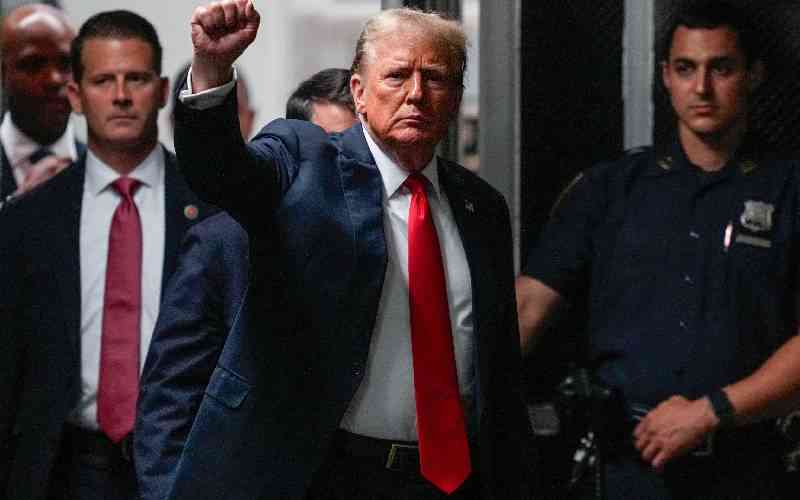×
The Standard e-Paper
Home To Bold Columnists

This has been a mixed season for democracy and its values. Clobbered in America, tumultuous in Europe but hopeful in Asia.
On its part, Africa continues to exhibit mixed storylines, but the continent is not our focus this week. In America, it all started with the election of Donald Trump in November. As an avowed democrat, I celebrate the triumph of the democratic process despite its battering by candidate Trump on January 6th, 2021, and relentlessly in the last 4 years.